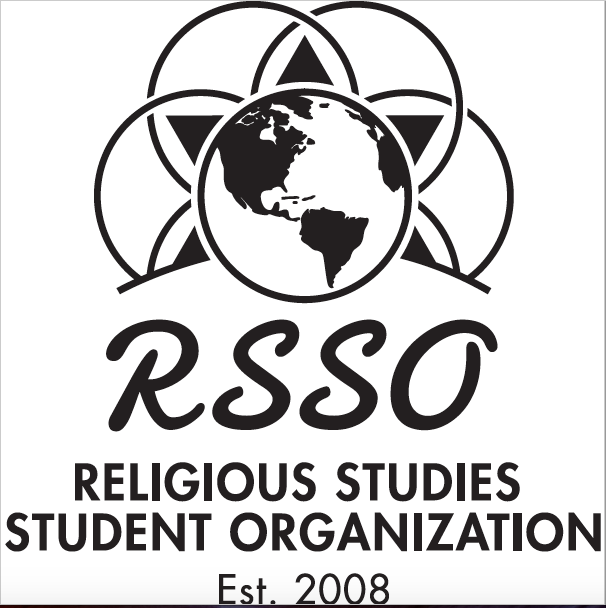Empowering Women Through The Three R’s: Reading, Writing, and Religion Among Indonesian Islamic Women’s Group
Moderator
Mark Peterson
Start Date
4-4-2020 9:15 AM
End Date
4-4-2020 10:20 AM
Abstract
Indonesia has the largest Muslim population of any single country in the world, currently numbered around 225 million (87.2% of the total population). The status of women among this religious community and among the country at large is very unique because of the more active voice women hold in religious and social discourse. This is exemplified and can at least partially be credited to the work of several very large women’s activist groups, many of whom identify as Islamic. This paper aims to examine these Islamic women’s groups as both activist organizations engaged in large social movements (specifically the fight for women’s empowerment) and as religious organizations with their own unique theologies in order to ascertain what has made them so successful. After a brief overview of Indonesian history within the last century, I use two organizations (Fatayat and Aisyiyah) as case studies, comparing and contrasting their structural, theological, and social elements to illustrate their uniqueness and establish which one has made more progress towards their common goal of empowering women through education. Ultimately, I conclude that while both organizations share key drawbacks, Fatayat is the better organization because of its more flexible theological framework and more established education system.
Research Paper: Empowering Women Through The Three R’s: Reading, Writing, and Religion among Indonesian Islamic Women’s Groups
Empowering Women Through The Three R’s: Reading, Writing, and Religion Among Indonesian Islamic Women’s Group
Indonesia has the largest Muslim population of any single country in the world, currently numbered around 225 million (87.2% of the total population). The status of women among this religious community and among the country at large is very unique because of the more active voice women hold in religious and social discourse. This is exemplified and can at least partially be credited to the work of several very large women’s activist groups, many of whom identify as Islamic. This paper aims to examine these Islamic women’s groups as both activist organizations engaged in large social movements (specifically the fight for women’s empowerment) and as religious organizations with their own unique theologies in order to ascertain what has made them so successful. After a brief overview of Indonesian history within the last century, I use two organizations (Fatayat and Aisyiyah) as case studies, comparing and contrasting their structural, theological, and social elements to illustrate their uniqueness and establish which one has made more progress towards their common goal of empowering women through education. Ultimately, I conclude that while both organizations share key drawbacks, Fatayat is the better organization because of its more flexible theological framework and more established education system.

